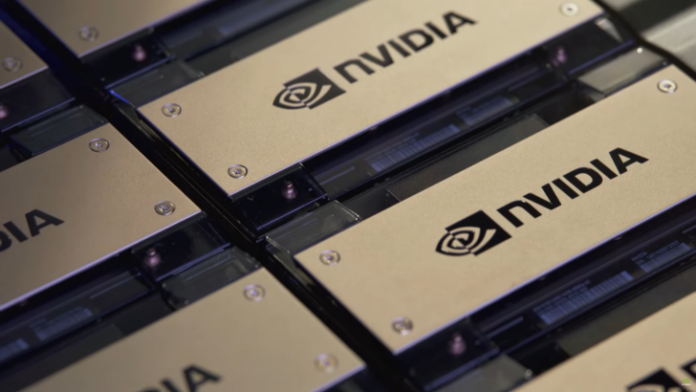The United States has authorised the sale of advanced Nvidia chips worth about $1 billion to Saudi Arabia’s HUMAIN and the United Arab Emirates–based G42, marking a significant shift in Washington’s export policy toward Gulf state–backed AI firms.
Accodring to a report by CNBC, the approval allows both entities to purchase up to 35,000 chips, reversing earlier U.S. hesitation over direct exports to Gulf companies due to concerns the technology could reach China. The previous administration had tightened export controls and restricted shipments of cutting-edge AI hardware in its final weeks in office.
The U.S. Commerce Department said the latest approvals are part of President Donald Trump’s plan to expand access to advanced technology and “promote continued American AI dominance and global technological leadership.” The decision contrasts with former President Joe Biden’s more restrictive approach.
The Commerce Department approved the sales on the condition that both firms comply with “rigorous security and reporting requirements,” monitored by the Bureau of Industry and Security. Details of Saudi Arabia’s agreed safeguards were not disclosed, while the UAE reportedly replaced Chinese-developed systems, removed Chinese personnel, and divested related holdings to address U.S. concerns.
The announcement coincided with Saudi Crown Prince Mohammed bin Salman’s visit to Washington, where Riyadh pledged to increase its planned U.S. investment from $600 billion to $1 trillion. During the same trip, Saudi Arabia’s state-backed HUMAIN signed partnerships with Adobe, Qualcomm, AMD, Cisco, GlobalAI, Groq, Luma and xAI. HUMAIN and xAI will jointly develop a 500MW data centre in the kingdom.
HUMAIN aims to rapidly scale computing capacity, with its CEO stating the company plans to build in one year what took Saudi Arabia two decades to establish. The firm is seeking to position the kingdom as a leading global AI hub.
Analysts noted that both HUMAIN and G42 now have the financial capacity, government backing, and U.S. regulatory approval needed to build large-scale regional compute infrastructure. The decision follows a separate approval earlier this month allowing Microsoft to export advanced chips to the UAE.
























